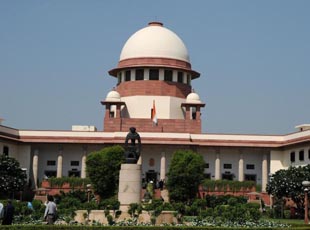New Delhi, Feb 1: Finance Minister Nirmala Sitharaman promised to make India a higher education destination, as she unveiled the government’s plan to invest in the education sector in her Budget speech.
“We propose Rs 99,300 crore for education sector in 2020-21 and Rs 3,000 crore for skill development,” said Sitharaman. While there is an increase of 4.6 per cent in the education spending than last year, the budget for skill development remains almost unchanged. Sitharaman also announced holding IND-SAT exam in African and Asian countries, for foreign candidates who wish to study in India.
The Finance Minister had listed three themes of the Union Budget 2020 while presenting the financial statement of the government in Parliament: Aspirational India to boost the standard of living, economic development for all, and building a humane and compassionate society. The spend under education is being done under aspirational India, “which focusses on focussed on skills, education, and agriculture” said Sitharaman.
“A degree-level full-fledged online education programme will be offered by institutes in top 100 in National Institutional Ranking Framework,” said Sitharaman, adding that Centre will announce a new education policy soon. “The government has received over 2 lakh suggestions on it.”
Further giving boost to India’s import of skilled human capital, Sitharaman said, “I propose special bridge course for nurses and medical professional for labour export to countries who open their door for such jobs.”
“Steps will be be taken to attract external commercial borrowing and Foreign Direct Investment (FDI) in the education sector,” the finance minister added.
She further said the government plans to start a programme for urban local bodies to provide opportunities for internship to young engineers.
The Finance Minister also said National Police University and National Forensic University are being proposed.
The government has also proposed to attach medical colleges with district hospitals on PPP model to deal with shortage of doctors, Sitharaman added.






Comments
Add new comment